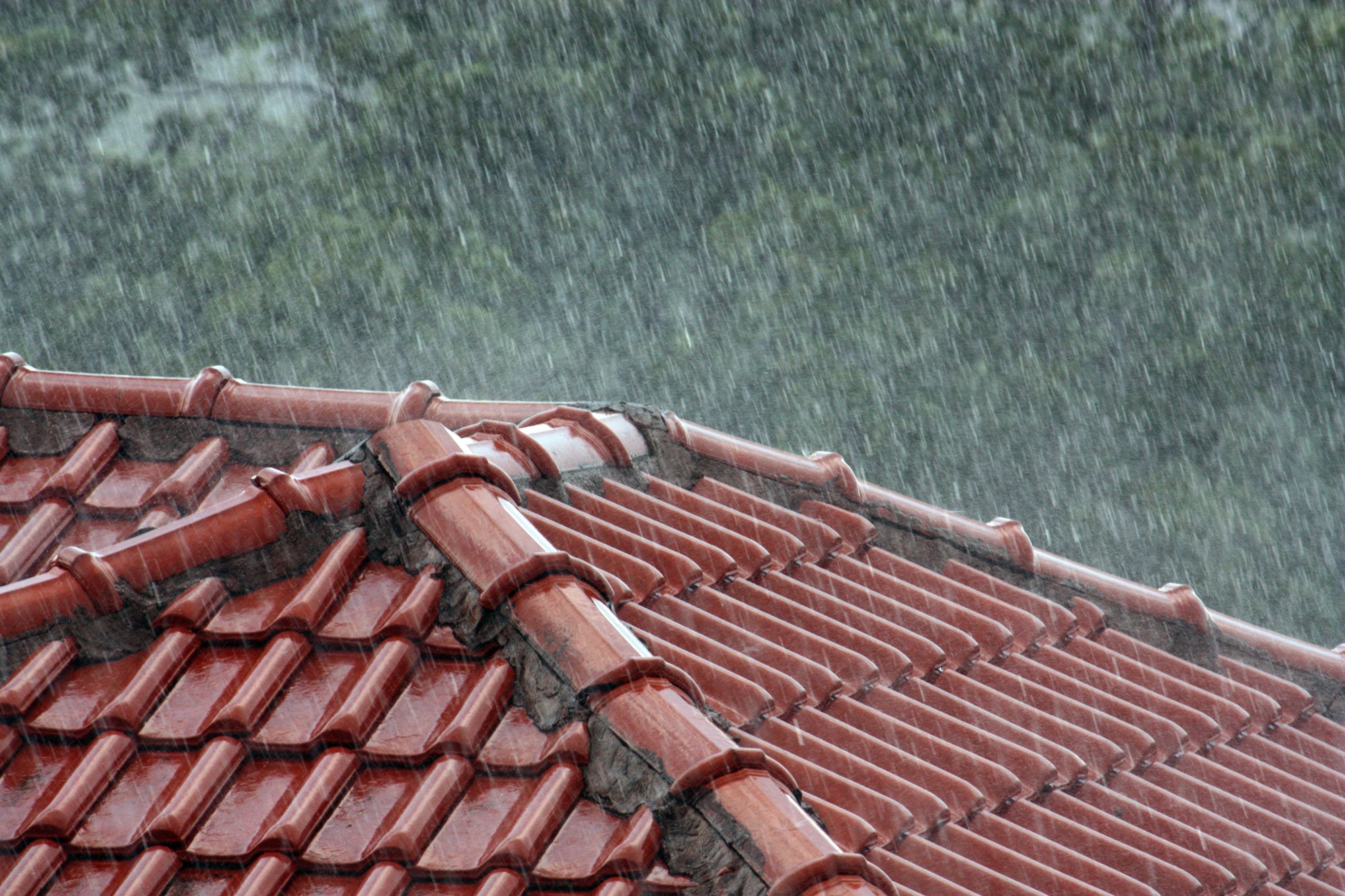Willing to Pause and Feel
Mindfulness doesn’t provide some kind of magical exemption from discomfort. Not at all. It's actually the opposite. It means when practiced consistently—with or without meditation—we can sometimes change the degree to which we fight against some present discomfort.
Feeling Better
It wasn’t until I stumbled clumsily toward a daily mindfulness practice in my mid-thirties that I discovered that there were ways I could get better at feeling my feelings.
Before intentionally working on my attentional skills, I had no idea how often I escalated my unpleasant feelings and zipped past the pleasant and subtler ones.
The kind of self-awareness that mindfulness exercise develops has helped me become more objective about my subjective experiences.
Until The Sound Ceases to Convey Any Idea
"Linguistic repetition, you learn from an early age, can give form or take it away, because it forces a confrontation with the malleability of language and the world we build with it, build upon it."
Ben Lerner
Total Eclipse of Internal Interference
When remembering to notice that we're alive becomes a habit, we begin to erode the internal friction that obscures our view of the richness we're swimming in every day.
Naked and Aware: Bare Attention in the Shower
Three big obstacles to establishing a consistent mindfulness routine are finding time to practice, being distracted by thoughts, and feeling bored. I discovered an exercise that obliterates all three simultaneously, but I’m pretty sure you’re going to hate the idea of it.
Getting Better at Noticing Directly
When you begin a walking or running program, there are several details you can track as evidence of improvement. Your step count. The length of your stride. Your pace. The amount of time it takes your heart to return to its recover its baseline resting rate. But how will you know when you’re getting better at noticing perceptions?
Cinematic Attention for a High-Definition Life
Any perception you can observe directly in real time can be used to train a variety of attention-related skills.
I like to make a game out of turning ordinary activities into opportunities for practice.
There are a number of exercises I use when watching a film — whether it’s one I enjoy, dislike, or have seen before.
Substitution of the Image for Relentless Earth
We look at the world once, in childhood.
The rest is memory.
Louise Glück
Focus on Emotionally Neutral Spots
"Although emotional sensations can arise anywhere in the body, they are much more likely to arise in the belly, chest, throat, or face. These are the emotional hotspots in the body, the regions where emotional sensations can get huge. That means that other areas are much less likely to host gigantic emotional sensations, which turns out to be a useful and convenient thing."
Michael Taft
The Taste of Embarrassment
One of the things I’ve found so remarkable about the approach to mindfulness I practice and teach, is the way it has gradually, yet significantly changed the way I relate to the physicality of my emotions—including the unpleasant ones.
Walk to Strengthen Attention
It seems like stepping outside for a walk should be enough to clear our minds, but when we head outdoors, our attention tends to stay anchored in our heads. What we need is a practical focus strategy and more realistic expectations about how our minds respond to such a challenge.
Catch Yourself Absorbed
When you catch yourself absorbed by some immediate aspect of your environment, try to yield to the observation fully for a few seconds.
The Difference Between Meditation and Rumination
What’s the difference between meditating on a problem and ruminating?
This Difficulty Feels Like This
Here's a great strategy from Phillip Moffitt for working with unpleasant emotions .
This difficulty feels like this
“When a difficult situation or memory arises, it is essential that you be able to self-soothe in order to respond skillfully.”
Phillip Moffitt
Breath Pleasure
Shinzen Young created this breath awareness exercise to develop concentration, sensory clarity, and equanimity. It is also designed to foster the cultivation of an ongoing mindfulness practice by providing both short-term and long-term benefits.
What is Mindfulness?
Mindfulness meditation uses ordinary sensory experience to develop skills of attention which can increase our baseline level of contentment. We take the world in through our eyes, our ears, and our bodies. We make sense of the world and our relationship to it through our mental images, internal conversations, and sensations in the body which seem to have emotional flavors.
Strengthen the Skills of Attention
Just as physical exercise increases strength, flexibility, and endurance to support the regular activities of your life, mindfulness exercises develop skills of attention that nurture a deep and mature level of personal contentment.
Nothing Has To Change
"When we start to pay attention in an intentional and nonjudgmental way, as we do when we cultivate mindfulness, and thus bring ourselves back into the present moment, we are tapping into very deep natural resources of strength, creativity, balance, and yes, wisdom—interior resources that we may never have realized we even possess."
Jon Kabat-Zinn




















